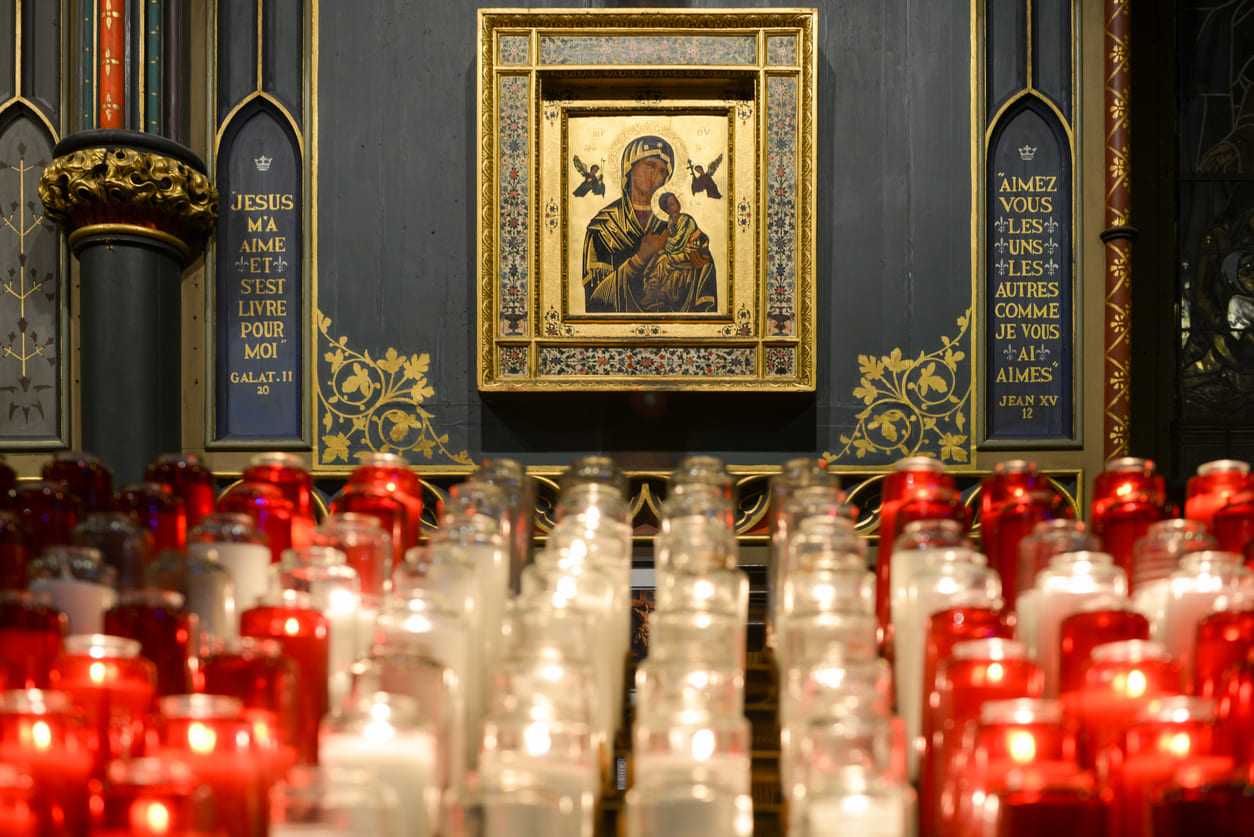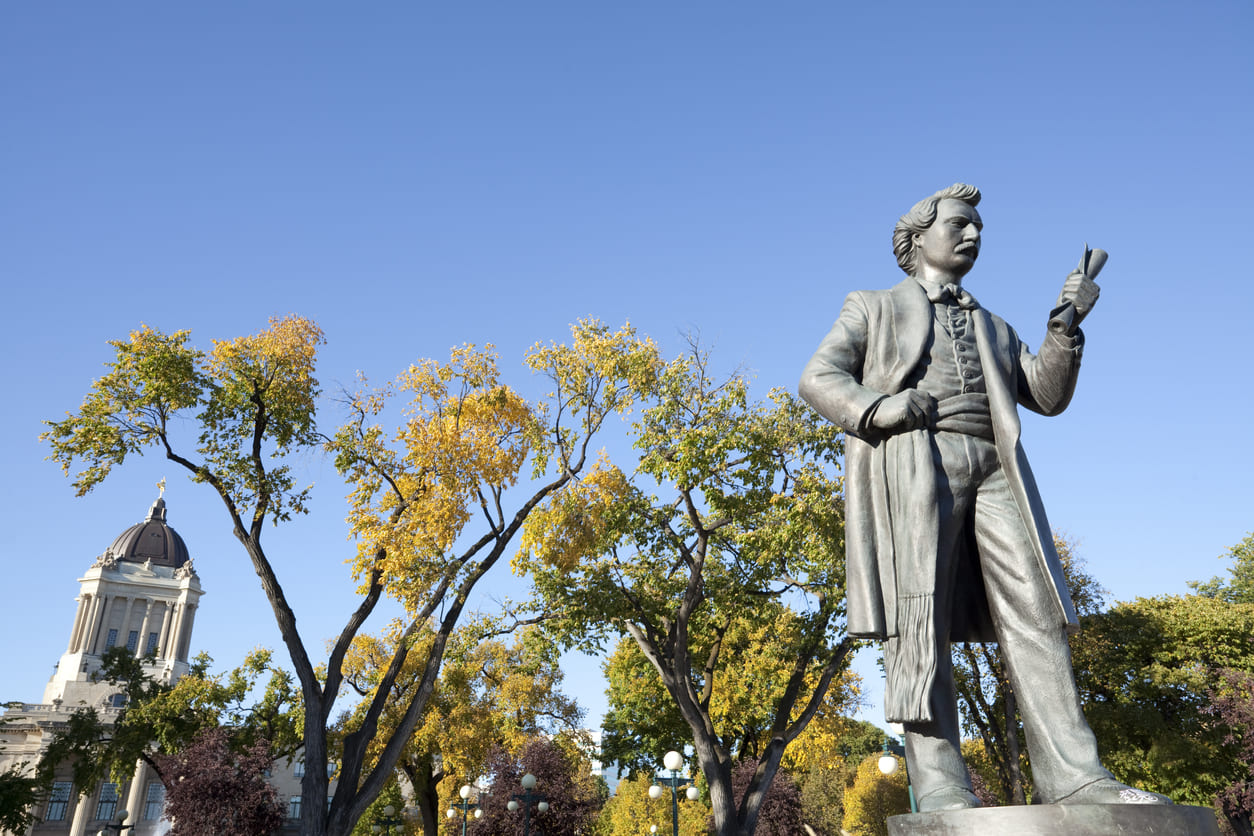Dates of Orthodox New Year in Canada
| 2026 | Jan 14 |
| 2025 | Jan 14 |
| 2024 | Jan 14 |
Canada Holiday Calendars
Orthodox New Year, also known as the Old New Year, is celebrated on January 14 by some Eastern Orthodox Christians in Canada who follow the Julian calendar. It is marked with church services, family gatherings, and traditional meals, reflecting cultural and religious heritage.
Orthodox New Year: A Public Holiday?
Orthodox New Year is not a public holiday in Canada. It is observed mainly by some Eastern Orthodox Christian communities who follow the Julian calendar, but businesses, offices, and schools remain open as usual.

Orthodox New Year
Orthodox New Year, also called the Old New Year, is observed on January 14 by some Eastern Orthodox Christian communities in Canada. The celebration follows the Julian calendar, which is 13 days behind the Gregorian calendar used by most of the world today. This difference in calendars dates back to 1582 when Pope Gregory XIII introduced the Gregorian calendar to better align with the solar year. However, many Eastern Orthodox churches continued to follow the older Julian calendar, keeping their New Year celebrations on January 14.
In Canada, Orthodox New Year came with waves of immigration from Eastern Europe, Russia, and the Balkans. Over time, it became an important cultural and religious tradition for these communities. While it is not a public holiday, it remains a meaningful occasion where families gather, attend church services, and celebrate their heritage with traditional food and customs.
Observance of Orthodox New Year in Canada
Orthodox New Year is marked by family gatherings, religious services, and festive meals. Many people begin the day by attending a midnight or morning church service, where prayers are offered for blessings in the coming year. Families then come together to share a traditional feast that includes dishes such as kutia (sweet wheat porridge), roasted meats, and homemade bread, depending on cultural backgrounds. Some communities also practice rituals for good luck, like breaking bread or tossing coins into water.
Although it is not a public holiday, many restaurants, cultural centers, and Orthodox churches in cities like Toronto, Montreal, and Vancouver organize special celebrations. These events often include folk music, dancing, and traditional performances, creating a festive atmosphere. Younger generations participate to stay connected with their cultural roots while sharing traditions with the wider community.
Orthodox New Year is important because it preserves the religious and cultural identity of Eastern Orthodox communities in Canada. It allows families to reflect, give thanks, and set intentions for the new year. Even in a multicultural country like Canada, these traditions help strengthen cultural diversity and keep old customs alive for future generations.
Orthodox New Year Observances
| Year | Date | Weekday | Name | Holiday Type |
|---|---|---|---|---|
| 2024 | Jan 14 | Sun | Orthodox New Year | Observance, Orthodox |
| 2025 | Jan 14 | Tue | Orthodox New Year | Observance, Orthodox |
| 2026 | Jan 14 | Wed | Orthodox New Year | Observance, Orthodox |
| 2027 | Jan 14 | Thu | Orthodox New Year | Observance, Orthodox |
| 2028 | Jan 14 | Fri | Orthodox New Year | Observance, Orthodox |



